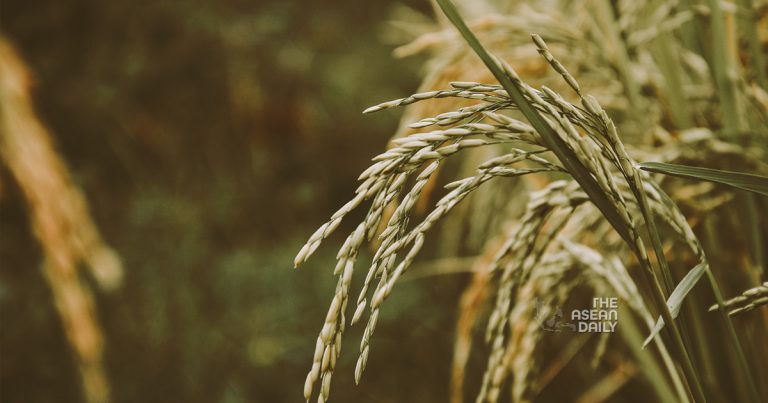28-7-2023 (SINGAPORE) The Singapore Food Agency (SFA) has revealed that the nation is in active communication with Indian authorities to seek exemption from the ban on the export of non-basmati rice, which India, the world’s largest rice exporter, implemented last week with immediate effect.
India’s consumer affairs and food ministry stated that the ban would apply to non-basmati white rice, constituting approximately a quarter of its total rice exports. The aim of the ban is to ensure sufficient availability and stabilize domestic market prices.
According to SFA’s response to queries from CNA, non-basmati rice from India accounts for about 17 per cent of Singapore’s imported rice. In 2022, India’s share in Singapore’s rice imports stood at approximately 40 per cent, while Singapore sources rice from more than 30 countries.
In light of the ban, the Singaporean authorities are collaborating with importers to diversify their sources and increase imports of various rice varieties. They are also actively engaging with Indian officials to seek an exemption from the ban.
The ban’s impact could be significant for countries heavily reliant on Indian rice exports, potentially exacerbating food insecurity. Gro Intelligence, a data analytics firm, warned that the ban could affect African nations, Turkey, Syria, and Pakistan, which are already grappling with high food-price inflation.
Despite the challenges posed by the ban, SFA assured that Singapore’s rice supply remains stable at present. Under the Rice Stockpile Scheme, importers are required to maintain buffer inventory equivalent to twice their monthly imports, ensuring an adequate supply in the market.
However, the agency acknowledged that supply disruptions might occur occasionally, and while efforts would be made to minimize the impact, complete mitigation of food supply disruptions may not be possible. T




